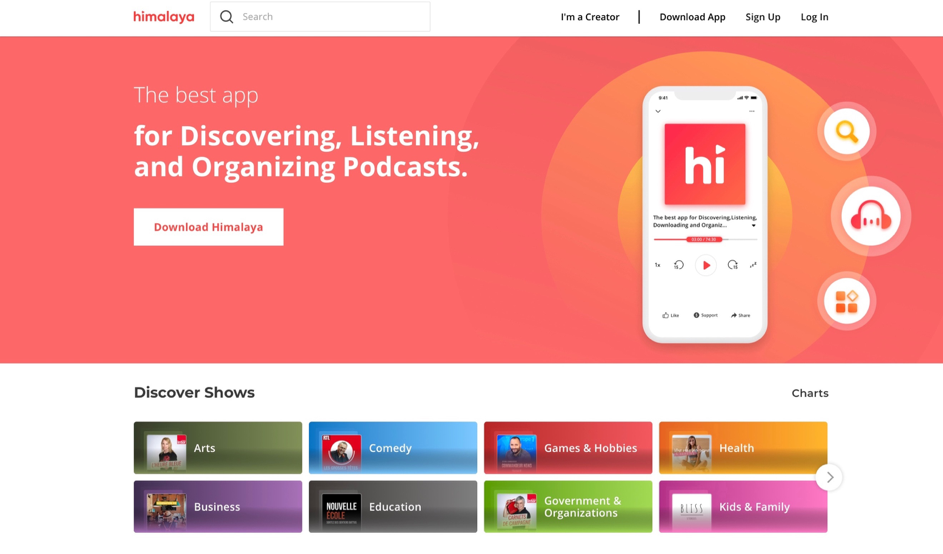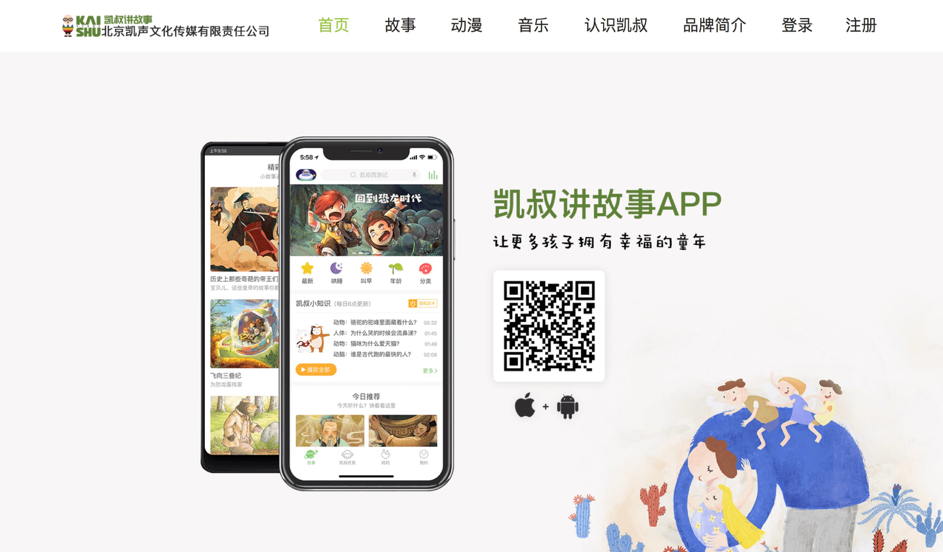The education sector in China is being challenged
Despite the fact that the government supports the development of education, the Chinese public system is now the scene of strong contradictions.
Compared to all other students in the world, Chinese students spend more time in school.
In addition to these long hours spent in class, they must take private tutoring payed by their families in order to not fall behind their classmates.
Indeed, the school program imposed by the Ministry of Education in China is so long that teachers are overworked and they do not have time to finish it.

Despite all the money spent on compulsory private tutoring if you want your child to have a good level, barely half of the students who pass the university entrance exam will be able to access it, not to mention those who have already dropped out after or before high school, which is not obligatory.
This leads parents and students to question the effectiveness of the Chinese education system and the consequences of such a daring stress imposed on their children.
Very expensive international private schools have been established in China in recent years, and the wealthiest parents prefer to send their children to study abroad.
New opportunities must be seized on this education market in China, which is now being challenged and strongly criticized.
Chinese Demand for English Teacher keep increasing since 10years, and Chinese Kids start learning english early and early.
The market for online educational applications
Study applications are more popular than ever in China: they are among the most popular applications for Chinese people to expand their knowledge and study online.
The growth of e-learning and cyber information is booming and becoming more and more popular every day.
At a time when Chinese users are spending more time on their smartphones than ever, the application market is growing in the country and all sectors are concerned, including education.
The growth of online education through applications or websites allows people to increase their knowledge in any field, regardless of their age, place of residence or activity.
It should be noted that compared to traditional education, online courses are relatively cheap, sometime free, making them accessible to all, regardless of their income level.
Opportunities to be seized in the online course market
Online education is a source of opportunities both for mobile users who are increasing their knowledge and for companies that are targeting this market.
Here are some of the most famous in China. The selection of these online course applications was made by whatsonweibo.comusing a list based on data from the Android Tencent, Baidu, Huawei and Zhushou 360 applications.
These selected applications are the most widely used in China and the most representative of the needs and opportunities in the online course market.
VIPKID: The education website to learn English online

VIPKID was founded in 2013 by Cindy Mi, a former English teacher. After noting that the way of teaching had not changed for 200 years, she wanted to reinvent the classroom for Chinese students who were learning English.
Then she created VIPKID: an educational startup based in Beijing. VIPKID allows Chinese students aged 12 to 15 years to access English courses taught by English teachers from the United States without leaving their classroom in China, thanks to individual video sessions.
This global virtual school now has 200,000 students for 30,000 students and is valued at $3 billion in 2018.
Cindy Mi predicts growth from 4,000 to 5,000 students per month in 2019 and up to ten million students within a decade.
Help with homework

An application that offers students from primary school to high school classroom support functions, including Chinese, English, mathematics, history and science classes.
The application is partially free of charge. Students have the opportunity to save photos of their homework, lessons or exams that can then be corrected by the application that will process their errors with them.
The application also offers a tutoring function that includes audio, free lessons, additional study material, a question and answer bank and a dictionary.
It is also possible to make their own tests available as an example for other users of the application.
Homework Help has more than 400 million users and according to a Jiguang report, more than 84% of users are under 15 years old. This means that these students have a smartphone and a positive attitude towards homework, extra classes and the desire to progress.
But children are not the only ones using the application!
More than 82% of people aged 36 to 45 years also showed an interest in the application.
In the online application stores Tencent Appstore and Apple Store, the application ranks respectively first and fifth position among the most popular educational applications.
Study Xi Strong Country, a very popular app

The name of the application is a pun “Xuexi” means “study” but also contains the name of Chinese President Xi Jinping, suggesting that users should “study Xi”.
The application was launched by the Propaganda Department of the Central Committee of the Chinese Communist Party. Since its launch, it has continued to increase its popularity among its users.
The application is a multifunctional educational platform that can also serve as a social network.
Its main function is to offer users different ways to study Xi Jinping’s thinking, the history of the Chinese Communist Party, Chinese culture, the history of the country, and much more…
Users also have the opportunity to see reports from the state media, chat video with their friends, prepare their personal planning and send the famous “red envelopes” of money to their friends, very popular in China.
The application has a messaging function like Snapchat where messages disappear after they have been read.
They can also take weekly quizzes – including questions about Xi – to earn points and eventually prizes or watch TV series on China’s “great revolutionary history”.
The application also includes sections for the different provinces of China where users can see news reports of recent visits from Xi.
With enough points, users can get discounts or free items online.
Currently, the application is the most downloaded on App Store in China.
Himalaya FM, China’s most popular audio sharing platform

Himalaya is the most widely used audio sharing platform in China. After its launch in 2013, the application was almost immediately successful. Currently the application has more than 450 million users.
In 2017, it was selected as one of the 30 most influential Chinese companies of the century!
A wide variety of podcasts are available to users: audio books, live radio and music.
Many podcasts and audios on education are online and most are free, others are paid for. For paid functions, users have the possibility to listen to an extract of the audio beforehand.
The Himalayas’ mission is to “empower podcast creators” by providing support for the implementation of the project.
By the end of 2018, the number of active users had reached 13.4 million, making it the most popular application of 2018 in the knowledge category.
Himalaya is also available in English, but the Chinese and English applications remain two separate applications with different logos.
iReader, a digital distribution platform

After a national success in 2015, iReader is becoming a global application and one of the world’s leading digital distribution platforms.
Since its launch in 2008, the company has established partnerships with more than 600 copyright management companies. It is now available in 150 countries and has 500 million users.
The Chinese version of the application divides its content into two parts: manga and bookstore. Both categories offer a wide variety of topics.
Most of the content is paid for but there are some free content (audio books and podcasts), knowledge are now becoming accessible to all.
According to a Jiguang report, iReader was the 62nd most popular Chinese application in 2018.
Kai Shu Story, the application to tell stories to children
Kai Shu Story is both a platform for tales and stories for children and a publisher of children’s books.
Kai Shu Story is also the story of a former host at China’s central television station, Wang Kai, who decides to spend more time with his children. One afternoon, he accidentally shared a recording of stories for his daughter on the WeChat group of her class.
The parents, very enthusiastic, asked him to share more stories. With his love for storytelling, he continued to share his readings with his small community. The members of the group give it the name “Kai Shu”which literally means “Uncle Kai”.

From 2014 to 2016 the discussion becomes an official account on WeChat (China’s leading social network), before becoming a full-fledged application.
Today, more than 8,000 stories have been shared about the application by Kai and his team, which have been listened to about 3 billion times, or 229 hours of listening time.
The application is mainly aimed at children from kindergarten to primary school and offers a wide range of stories (fables, fairy tales, famous foreign and Chinese literature).
In order to allow users to discover and learn in a fun way, the application also offers many free contents.

In addition, most stories end with a question addressed to the children, who are free to share their answer or post other remarks in a group discussion.
And for those whose listening and concentration skills are not so strong, most stories are supported by a written script, which also makes it an excellent application for foreigners studying Chinese!
Kai Shu Story is currently ranked among China’s most profitable educational applications in the Chinese Apple Store.
Social networks and reputation in China
As you understood, everything in China is becoming increasingly digitalized and the education sector is not an exception.
In a country where 800 million people use the Internet with their smartphones, the virality of a message can make it popular in no time.
Reputation is one of the key factors to reach Chinese consumers and social networks are the best way to do this if you build a good image on the right networks.
How to win the Chinese online education market?
Thanks to our perfect mastery of digital communication tools in China, our team is up to date on all the latest marketing trends and uses the most effective digital tools to promote your business in China.


